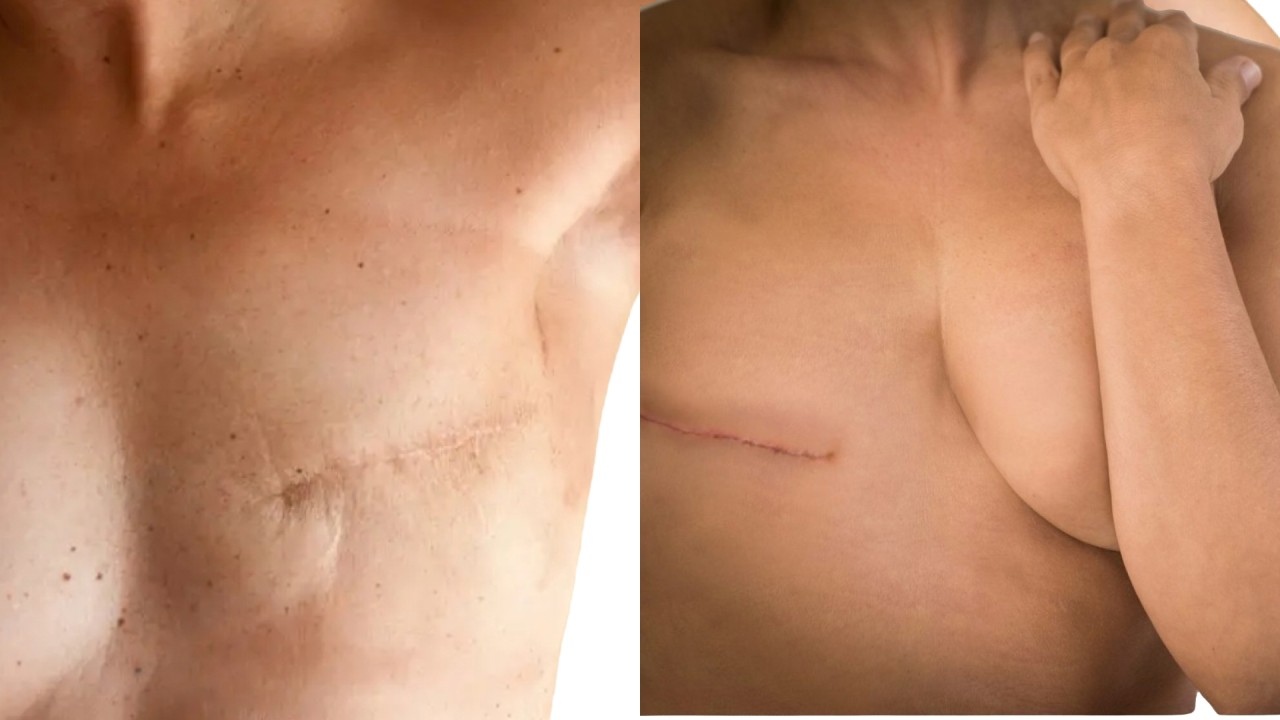Mastectomy. Asst.Dr. Tansu Altintas. ISU Liv Hospital Bahcesehir
👨⚕️ Doctor consultation
🩸 Tests, ECG, mammography and other tests to assess general health
👩🏼⚕️ Consultation with anesthesiologist
🩺 Procedure
🏥 Hospitalization - 1-2 nights with special nutrition
🛏 Accommodation for one accompanying person in the patient's room
💊 Necessary medications after surgery
🗣 Professional medical interpreter support at all stages
🚘 VIP transfer (airport - hotel - clinic - airport)
☎️ 24/7 patient support
👩🏼💼 Consultation on rehabilitation and further action plan after examination
Every aspect of the facility reflects Istinye University’s academic approach and high standards of care. Equipped with state-of-the-art technological infrastructure
Your health and well-being are our priority!
Mastectomy is a surgical procedure to remove the breast, often performed to treat breast cancer. There are several types of mastectomy, each with its own characteristics and indications. Here is detailed information about each type of mastectomy:
1. Simple mastectomy
A simple mastectomy involves the removal of the entire breast, including the nipple, but without removing the muscles beneath the breast or the lymph nodes in the underarm area.
Indications for the procedure
• Early stages of breast cancer
• Prophylactic mastectomy in patients with a high risk of developing breast cancer (e.g., those with genetic mutations such as BRCA1 or BRCA2)
• Benign breast diseases that do not respond to other treatment methods
Benefits of the procedure
• Less invasive compared to radical mastectomy
• Quick recovery
2. Radical mastectomy
A radical mastectomy involves the removal of the entire breast, underarm lymph nodes, and chest muscles (pectoralis major and minor).
Indications for the procedure
• Advanced stages of breast cancer when the tumor has invaded the chest muscles
• This type of mastectomy is less commonly performed today due to the development of less invasive treatment methods
Benefits of the procedure
Removes more tissue, which may be necessary for treating advanced stages of cancer
Drawbacks of the procedure
• More invasive with a longer recovery period
• High risk of complications such as lymphedema and restricted arm mobility
3. Modified radical mastectomy
A modified radical mastectomy involves the removal of the entire breast and underarm lymph nodes, but not the chest muscles.
Indications for the procedure
• Breast cancer that has spread to the lymph nodes in the underarm area
• This type of mastectomy is less invasive compared to radical mastectomy and allows the preservation of chest muscles
Benefits of the procedure
• Less invasive compared to radical mastectomy
• Preservation of chest muscles improves functional outcomes and quality of life
There is still a risk of complications such as lymphedema.
After a mastectomy, many women choose breast reconstruction, which can be performed simultaneously with the mastectomy or subsequently. There are several reconstruction methods, including the use of implants or the patient's own tissues.
Rehabilitation after mastectomy may include physical therapy to restore arm and shoulder mobility, as well as psychological support to adapt to bodily changes.
Like any surgical procedure, mastectomy has its risks, including infection, bleeding, seroma formation (fluid accumulation), and lymphedema (arm swelling due to disrupted lymphatic drainage).
Mastectomy can have a significant psychological impact on the patient. It is important to provide support and consultations to help adapt to bodily changes and the emotional consequences of the surgery.
Don't delay your health. Schedule a consultation with our specialists today and find out how we can help you fight breast cancer!
In addition to collaborating with leading clinics and experienced doctors, ALISA HEALTH GROUP uses Alisa AI to tailor healthcare facilities to perfectly match your individual needs and preferences. This significantly reduces your time, effort and costs, providing confidence that your health and appearance are entrusted to professionals.
In addition, we take care of all organizational issues — from paperwork and booking to coordinating all stages of the treatment process. This allows our clients to calmly focus on their new look and self-confidence. Our consultants are always ready to answer any of your questions and provide the necessary support, ensuring a comfortable and safe passage of the procedure.



